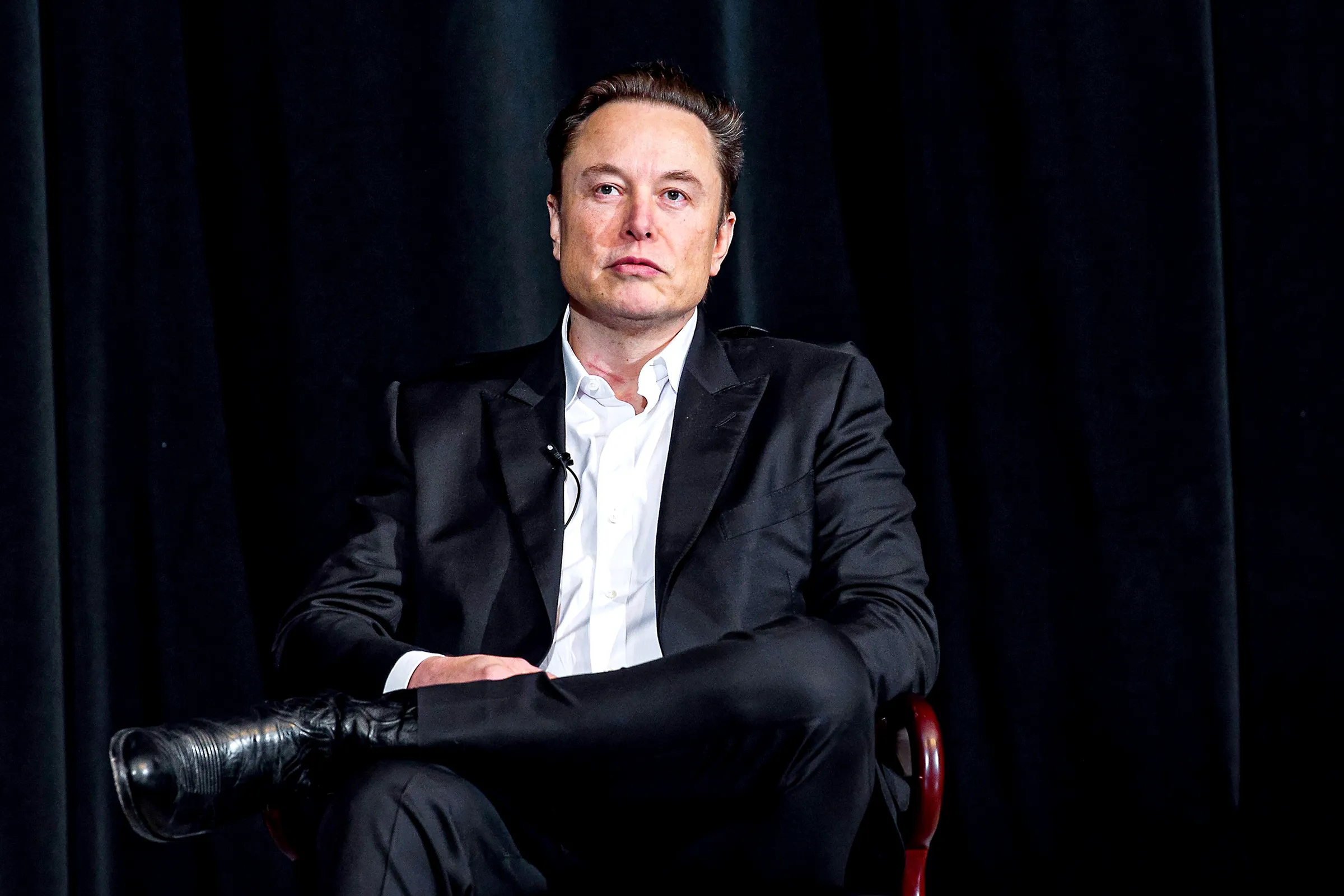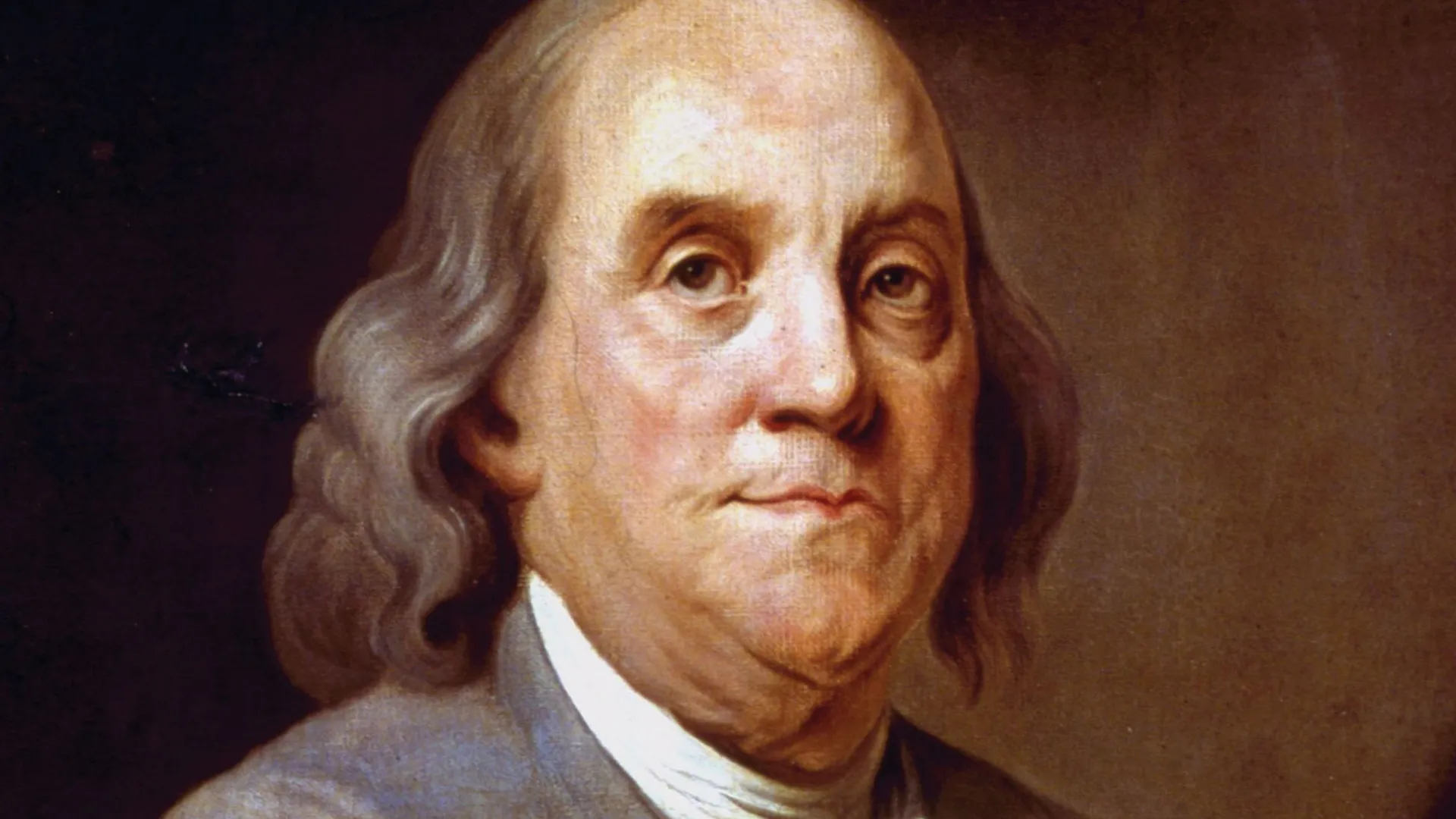According to Forbes, ZainCheema and the Bloomberg Billionaires Index, Elon Musk, the enigmatic CEO of Tesla and SpaceX, has secured his position as the world’s wealthiest individual. With a staggering net worth estimated at $257 billion by Bloomberg, Musk’s journey to the apex of wealth is an extraordinary tale of entrepreneurial success and strategic investments.
This comprehensive article will explore the factors that contributed to Elon Musk’s remarkable wealth, delving into his key holdings, significant milestones, and insights into his financial philosophy.
From Humble Beginnings to Unrivaled Wealth
Elon Musk’s ascent to the world’s wealthiest person title has been nothing short of spectacular. In early 2020, his net worth stood at a comparatively modest $25.6 billion, trailing behind industry giants such as Amazon’s Jeff Bezos and Facebook’s Mark Zuckerberg.
However, Musk’s fortune underwent a meteoric transformation over just a few years, with his wealth multiplying tenfold.
The Tesla Phenomenon
The linchpin of Musk’s burgeoning fortune is his ownership stake in Tesla, the pioneering electric car manufacturer. Tesla’s stock has witnessed an astonishing surge, appreciating by over 1,100% in the past five years.
Investors have fervently rewarded the company for its remarkable growth in vehicle sales, propelling Tesla’s revenue from $12 billion in 2017 to an impressive $54 billion in 2021.
Musk’s unwavering commitment to Tesla is evident in his own words. “I built these two companies, and it was extremely difficult to build them,” Musk remarked in a candid interview. He was referring to both Tesla and SpaceX, emphasizing the immense challenges he faced.
Importantly, he underscored his steadfastness by not selling his stock in these companies, echoing the sentiment that a captain should go down with their ship.
Fluctuations in Wealth
Elon Musk’s wealth has experienced fluctuations in recent years. The Bloomberg Billionaires Index indicated that at its peak, in November 2021, he was worth an astounding $340 billion. This remarkable milestone coincided with Tesla’s stock price reaching an all-time high of $414.50 per share.
However, since that zenith, Tesla’s stock has receded by approximately one-third. Musk’s willingness to sell some of his Tesla shares became evident, driven by factors like a looming tax bill on stock options set to expire and an impending court battle with Twitter.
Musk acknowledged that he needed to exercise these options and sold nearly $7 billion in shares. This divestment aimed to avert an “emergency sale of Tesla stock” in the event of an unfavorable outcome regarding his $44 billion Twitter acquisition bid.
Musk holds a 14.9% stake in Tesla, valued at around $124 billion. When accounting for options, his stake’s worth soars to a staggering $176.3 billion, according to Forbes.
SpaceX: A Galactic Contributor to Wealth
Musk’s involvement in the space industry through SpaceX has been another significant wealth generator. In June 2022, SpaceX was valued at $125 billion, with Musk owning approximately 44% of the company.
This translates to a stake worth about $55 billion, although Bloomberg applies a 15% discount, typical for large private tech companies, bringing the estimated value to approximately $47 billion.
Venturing into the Boring and Twitter Realms
Besides his automotive and aerospace endeavors, Musk has ventured into the realm of infrastructure with the Boring Company, a tunnel construction enterprise he founded. This venture has contributed approximately $3.3 billion to Musk’s wealth.
In addition to his court-bound Twitter acquisition bid, Musk holds $3 billion in Twitter stock, having acquired about 9% of the company. Although this endeavor has encountered challenges, it remains a notable component of his diversified portfolio.
Cash Holdings and Transparency
While Musk’s substantial holdings in Tesla and SpaceX form the cornerstone of his wealth, he also maintains substantial cash reserves, estimated at around $17 billion, according to Bloomberg. Musk has openly asserted his commitment to financial transparency, emphasizing the absence of offshore accounts or tax shelters in his financial strategy.
In conclusion, Elon Musk’s journey to becoming the world’s wealthiest person is a testament to his relentless pursuit of innovation, unwavering dedication to his companies, and strategic financial decisions.
His ability to harness the potential of visionary enterprises like Tesla, SpaceX, and, more recently, the Boring Company has catapulted him to global wealth, solidifying his legacy as one of the most influential figures in contemporary business and technology.
Philosophy of Wealth and Future Ventures
Elon Musk’s philosophy on wealth is rooted in his entrepreneurial spirit and belief in technology’s transformative power. He views his wealth as a means to further advance humanity’s progress and address some of the world’s most pressing issues, such as climate change and space exploration. Musk’s commitment to investing his wealth into ambitious projects is a testament to his vision for the future.
One such ambitious project is the colonization of Mars, which has been a long-standing goal for Musk. He envisions SpaceX as the catalyst for humanity’s expansion beyond Earth, and he has repeatedly stated his intention to use a significant portion of his wealth to fund the colonization of the Red Planet.
Moreover, Musk’s efforts in the electric vehicle (EV) industry extend beyond Tesla. He is actively involved in developing sustainable energy solutions, such as solar power and energy storage, through his other ventures, like SolarCity and the Powerwall battery system. These initiatives align with his vision of reducing humanity’s dependence on fossil fuels and combating climate change.
Innovation and Risk-Taking
One of the defining traits of Elon Musk’s wealth-building journey is his willingness to take substantial risks. He has consistently invested his capital and taken on significant personal debt to fund his ventures when conventional sources of financing were insufficient. Musk’s audacity has paid off, as evidenced by the remarkable success of Tesla and SpaceX.
Furthermore, Musk’s propensity for setting audacious goals has propelled his companies to push the boundaries of technology. Tesla’s electric vehicles, battery technology, and autonomous driving innovations have revolutionized the automotive industry. Similarly, SpaceX has disrupted the space industry with reusable rockets and ambitious plans for interplanetary travel.
A Visionary’s Legacy
Elon Musk’s story serves as an inspiration for aspiring entrepreneurs and innovators worldwide. His journey from a South African-born entrepreneur to the world’s wealthiest individual is a testament to the power of perseverance, innovation, and calculated risk-taking.
Beyond his wealth, Musk’s legacy is defined by his relentless pursuit of ground-breaking technological advancements that have the potential to reshape industries and enhance human condition.
As Musk continues to spearhead transformative ventures and allocate his wealth toward bold, visionary projects, the world watches with anticipation. His legacy is still in the making, and the impact of his work on the future of transportation, space exploration, sustainable energy, and beyond will be felt for generations to come.
In conclusion, Elon Musk’s wealth reflects his visionary leadership, unwavering commitment to innovation, and audacity in tackling some of humanity’s most significant challenges.
Despite the fact that his journey has been characterized by changes in wealth, his persistent commitment to advancing technology and addressing global issues solidifies his position as a trailblazer in the contemporary business world. Musk’s story inspires those who dare to dream big and work tirelessly to turn their visions into reality.


















